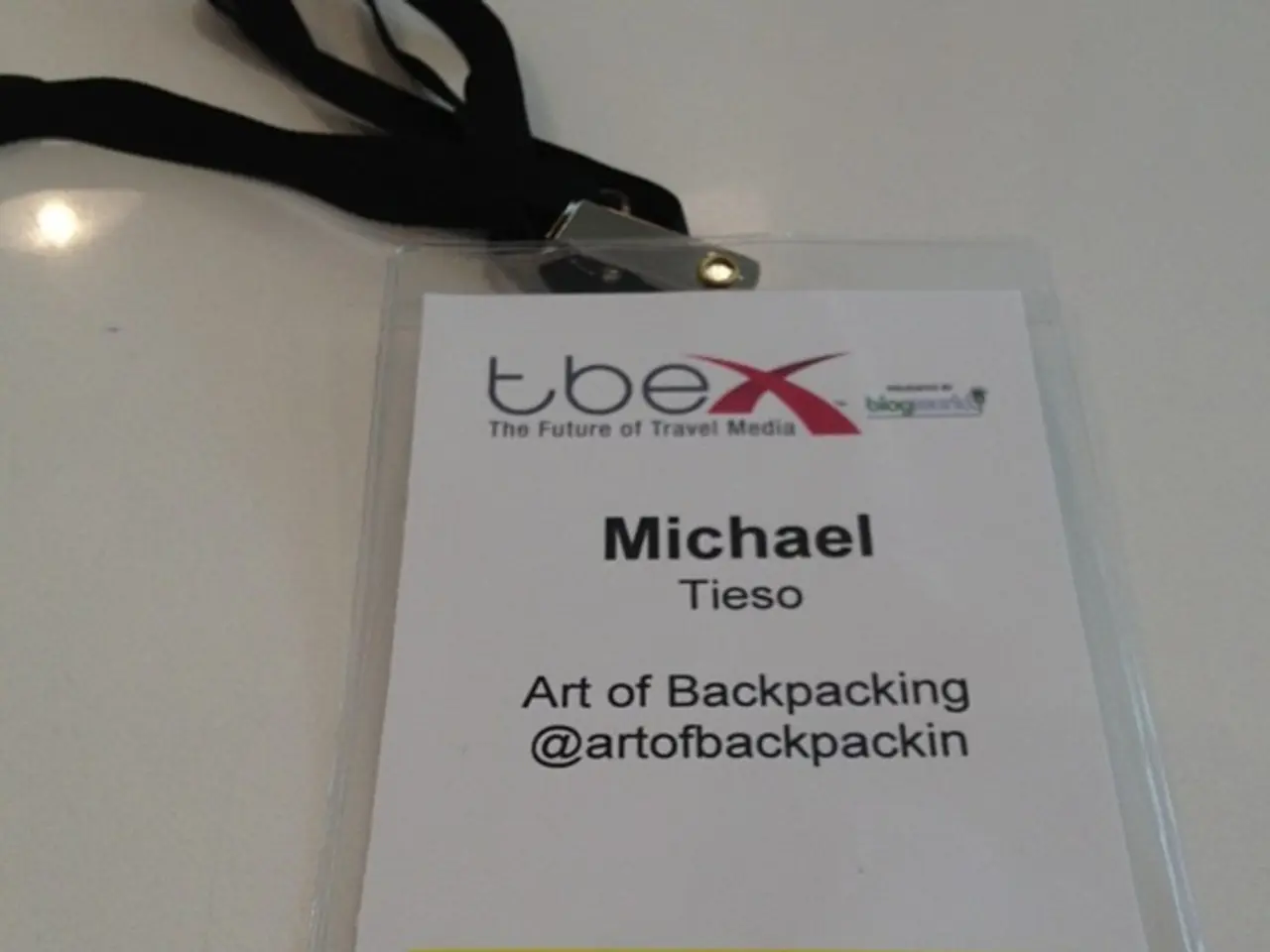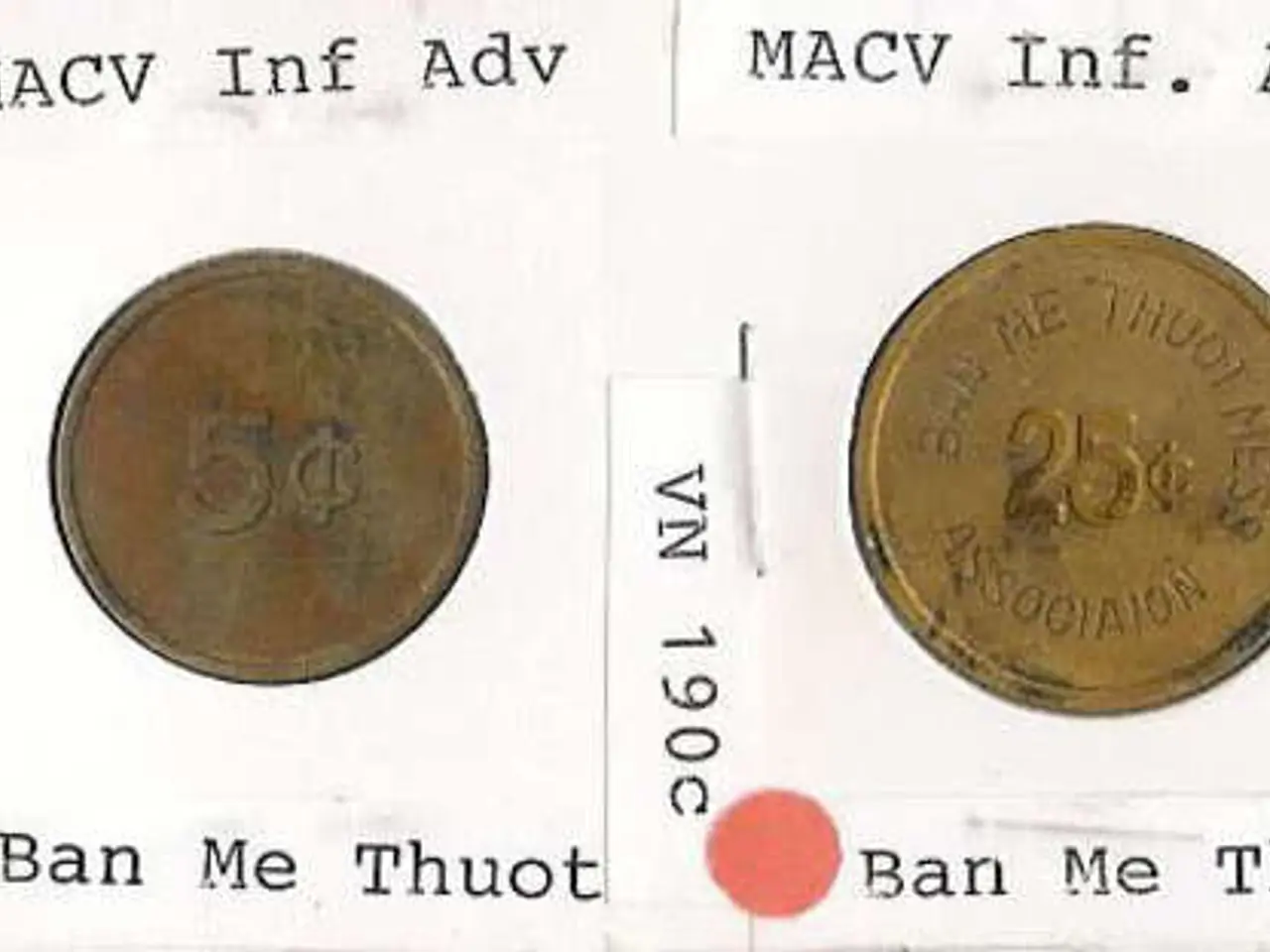Cryptocurrency exchange Binance selects two individuals of African descent for its international strategic council
Binance Seeks to Establish West Africa's First Digital Economy Free Zone
Binance, the world's largest cryptocurrency exchange by trading volume, is in discussions with a Nigerian governmental agency to form West Africa's first digital economy free zone. This potential development comes amidst the region's rapid growth in digital asset adoption and commerce.
The discussions are part of Binance's broader strategy to navigate regulatory and compliance issues in the cryptocurrency and blockchain industry. To aid in this endeavour, Binance has established a Global Advisory Board (GAB) comprising 11 individuals with diverse experiences in public policy, government, finance, corporate governance, and various other fields.
Max Baucus, a former US senator and ambassador to China, chairs the GAB. Other members include David Plouffe from the USA, Adalberto Palma from Mexico, David Wright from Europe, Bruno Bezard from France, Hyung Rin Bang from Korea, Henrique de Campos Meirelles from Brazil, Lord Vaizey from the UK, Christin Schäfer from Germany, Ibukun Awosika from Nigeria, and Leslie Maasdorp from South Africa.
The formation of the GAB is a strategic move by Binance to leverage the collective experience of its members to influence regulatory and compliance issues in the cryptocurrency and blockchain industry. The move could potentially be due to the potential benefits from favorable regulations worldwide.
However, it's important to note that while Binance's active dialogue with Nigerian authorities amid legal and regulatory changes is clear, the details of any collaborative arrangement to create a West Africa digital economy free zone remain unconfirmed in publicly available sources as of August 2025.
This potential development comes at a time when Nigeria is enacting a more favourable regulatory environment for cryptocurrencies and digital assets. The Investment and Securities Act 2025 provides official recognition to cryptocurrencies and digital assets as securities regulated by the Nigerian Securities and Exchange Commission (SEC).
Nigeria and West Africa are also part of broader initiatives like the MADE Alliance: Africa, co-chaired by the World Bank Group, African Development Bank Group, and Mastercard, which aims to expand digital access and services in Africa, underpinning digital economic growth.
The region, led by Nigeria, is a hotspot for crypto adoption, with significant cross-border payments using stablecoins and platforms like Binance Pay. Nigeria alone saw crypto transactions exceeding $56 billion in 2024, buoyed by youth-driven mobile-first digital solutions.
Despite the ongoing legal dispute between Binance and the Nigerian government over a $2 billion tax claim and additional damages, the regulatory evolution and market dynamics strongly indicate growing institutional interest in formalizing and supporting digital asset ecosystems. Binance’s discussions would naturally interface with Nigeria’s SEC and possibly other federal authorities involved in digital finance regulation and economic development.
In summary, while the details of the proposed digital economy free zone are yet to be confirmed, the potential collaboration between Binance and Nigerian authorities, amidst favourable regulatory changes, indicates a significant step towards formalising and supporting digital asset ecosystems in West Africa.
- Binance's goal in forming West Africa's first digital economy free zone is part of a broader strategy to navigate regulatory issues in the cryptocurrency and blockchain industry.
- The Global Advisory Board (GAB) established by Binance comprises individuals with experience in public policy, finance, and technology, and is chaired by Max Baucus, a former US Senator and ambassador to China.
- The investment and securities act of 2025 in Nigeria provides official recognition to cryptocurrencies and digital assets as securities regulated by the Nigerian Securities and Exchange Commission (SEC), indicating a more favorable regulatory environment for these assets.
- Nigeria's efforts to expand digital access and services in Africa, through initiatives like the MADE Alliance: Africa, underpin digital economic growth in the region.
- Despite a legal dispute between Binance and the Nigerian government over a $2 billion tax claim, the regulatory evolution and market dynamics suggest growing institutional interest in formalizing and supporting digital asset ecosystems.
- The potential collaboration between Binance and Nigerian authorities to create a digital economy free zone could naturally interface with the SEC and other federal authorities involved in digital finance regulation and economic development in Africa, particularly in West Africa.




